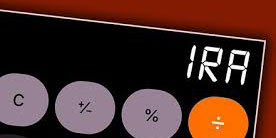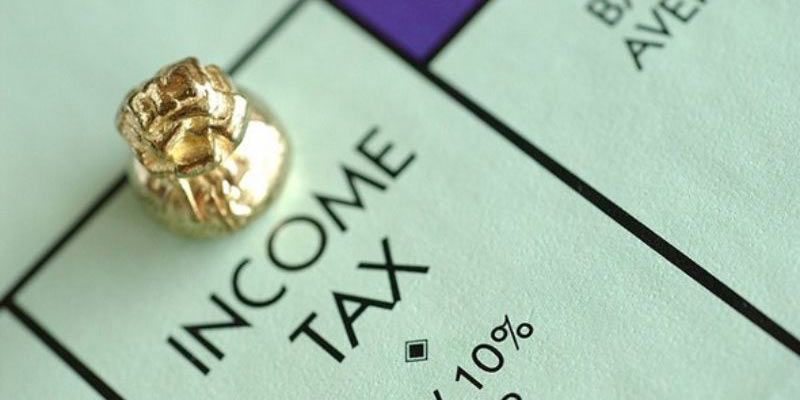
The reciprocity rule requires employees to file two or more state tax returns, one as a resident of the state in which they live and one as a nonresident of any other states in which they may work, for them to be able to receive a refund of any taxes that were incorrectly withheld from their paychecks by their employers. The legislation on the federal level makes it impossible for two states to impose their taxes on the same income.
States With Reciprocal Agreements
Sixteen states do not require nonresident employees who live in reciprocal states to pay taxes. These nonresident workers are shown on the map below. The District of Columbia and the states are both parties to a reciprocity agreement. Please move your mouse over each orange state to see the reciprocity agreements it has with other states and discover the paperwork that nonresident employees need to submit to their employers to be free from withholding taxes in that state.
Arizona
Arizona has reciprocity agreements with California, one of its bordering states, and Indiana, Oregon, and Virginia. For an exemption from tax withholding, you must provide your employer with a completed Form WEC, also known as the Withholding Exemption Certificate.
Washington D.C.
If you work in Washington, District of Columbia, but you are a resident of any other state, you are exempt from the need that you file a tax return in the District of Columbia. You must provide your employer with an exemption Form D-4A, often known as the "Certificate of Non residence in the District of Columbia." Regrettably, this is only valid in the other direction for the states of Maryland and Virginia. If you work in either of these states but make your home in the District of Columbia, you are exempt from the filing requirements for nonresident tax returns.
Illinois
If you are a local of Iowa, Kentucky, Michigan, or Wisconsin and work in Illinois, you must provide your employer with an exemption form known as the IL-W-5-NR.
Indiana
The states of Michigan, Ohio, Pennsylvania, and Wisconsin are among those that provide reciprocal privileges to Indiana. Your Indiana employer will need to see your completed exemption form WH-47.
Iowa
There is just one state with which Iowa has reciprocity, and that state is Illinois. If you are an Illinois resident yet have a job in Iowa, the state of Iowa will not deduct income taxes from your pay even if your employer is required to do so. Please provide your employer with a completed copy of exemption form 44-016.
Kentucky
Seven other states have reciprocity with Kentucky. Work in this area but call another state home. You may qualify for an exemption by submitting Exemption Form 42A809 to your employer. To be eligible, however, residents of Virginia are required to make a daily drive, and residents of Ohio are prohibited from holding shares worth 20% or more in an S chapter business.
Maryland
If you are a local of Pennsylvania, Virginia, West Virginia, or Washington, District of Columbia, and you work in Maryland, you need to provide your employer with an exemption form MW 507.
Michigan
The states of Illinois, Indiana, Kentucky, Minnesota, Ohio, and Wisconsin are all parties to reciprocal agreements with Michigan. If you work in Michigan but reside in one of these other states, you must fill out an exemption form MI-W4 and submit it to your employer.
Minnesota
If you are a local of North Dakota or Michigan and work in Minnesota, you must provide your employer with an exemption form known as MWR.
Montana
If you are a North Dakota local but have a job in Montana, you need to provide your employer with a completed Form MW-4.
New Jersey
If you reside in Pennsylvania but have a job in New Jersey, you should talk to your employer about submitting Form NJ-165.

North Dakota
If you live in either Minnesota or Montana but find employment in North Dakota, you must provide your employer with an exemption form known as the NDW-R.
Ohio
If you are a local of Indiana, Michigan, Kentucky, Pennsylvania, or West Virginia and have a job in Ohio, you may be eligible to provide your employer with an exemption Form IT-4NR.
Pennsylvania
If you operate in Pennsylvania but call another state home, you must provide your employer with a completed exemption form REV-419.
Virginia
Reciprocity exists between Virginia and the states of Kentucky, Maryland, Pennsylvania, West Virginia, and the District of Columbia. If you reside in one of these states and work in Virginia, you must provide your Virginia employer with an exemption form known as the VA-4.

West Virginia
If you are exempt from paying state income tax because you live in Kentucky, Maryland, Ohio, or Pennsylvania and have a job in West Virginia, you must provide your employer Exemption Form WV/IT-104.
Wisconsin
If you are a local of Illinois, Indiana, Kentucky, or Michigan and have a job in Wisconsin, you must provide your employer with an exemption form W-220.











